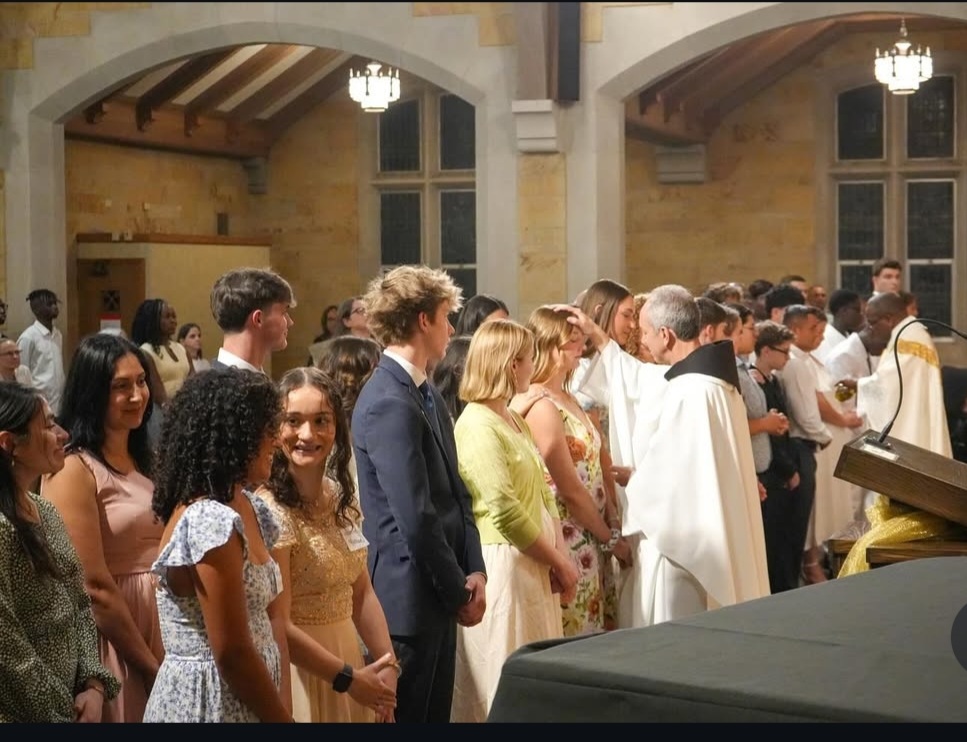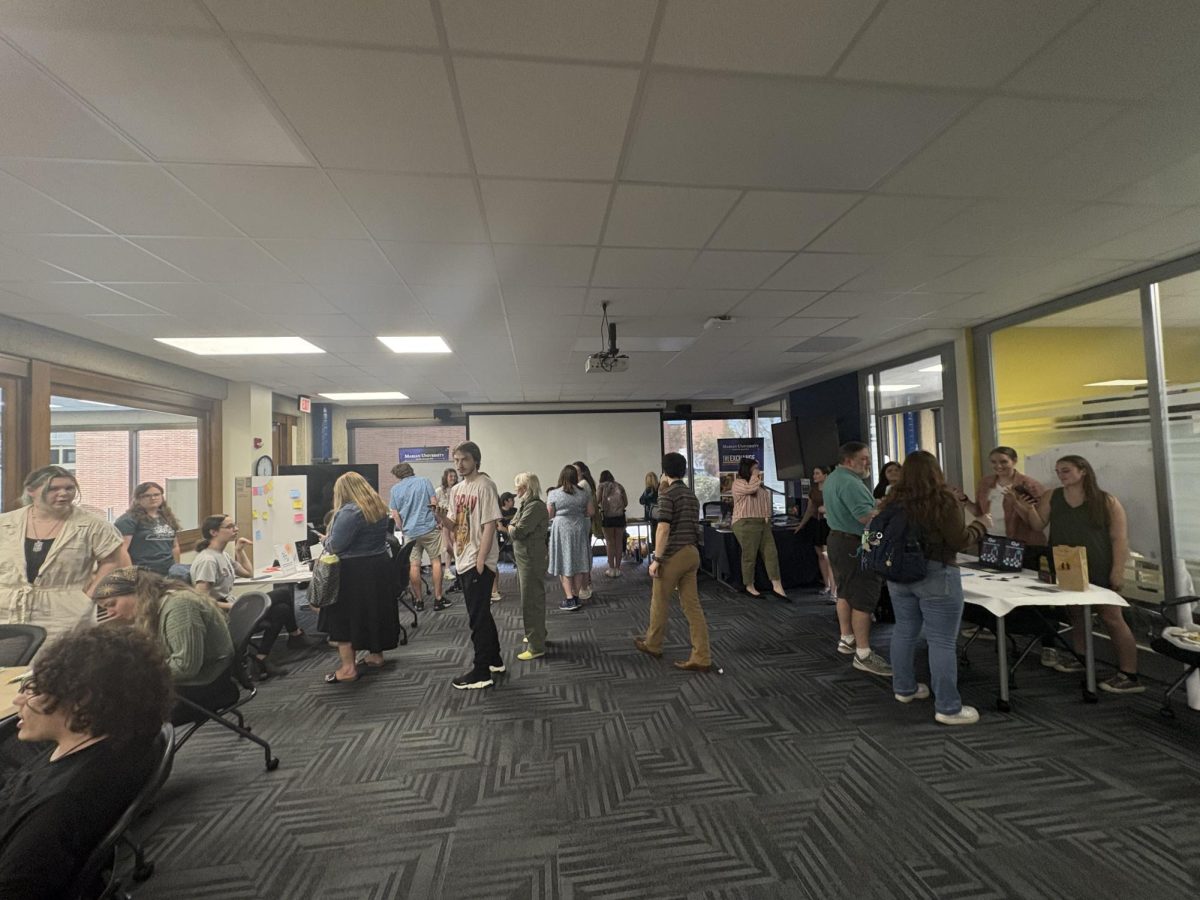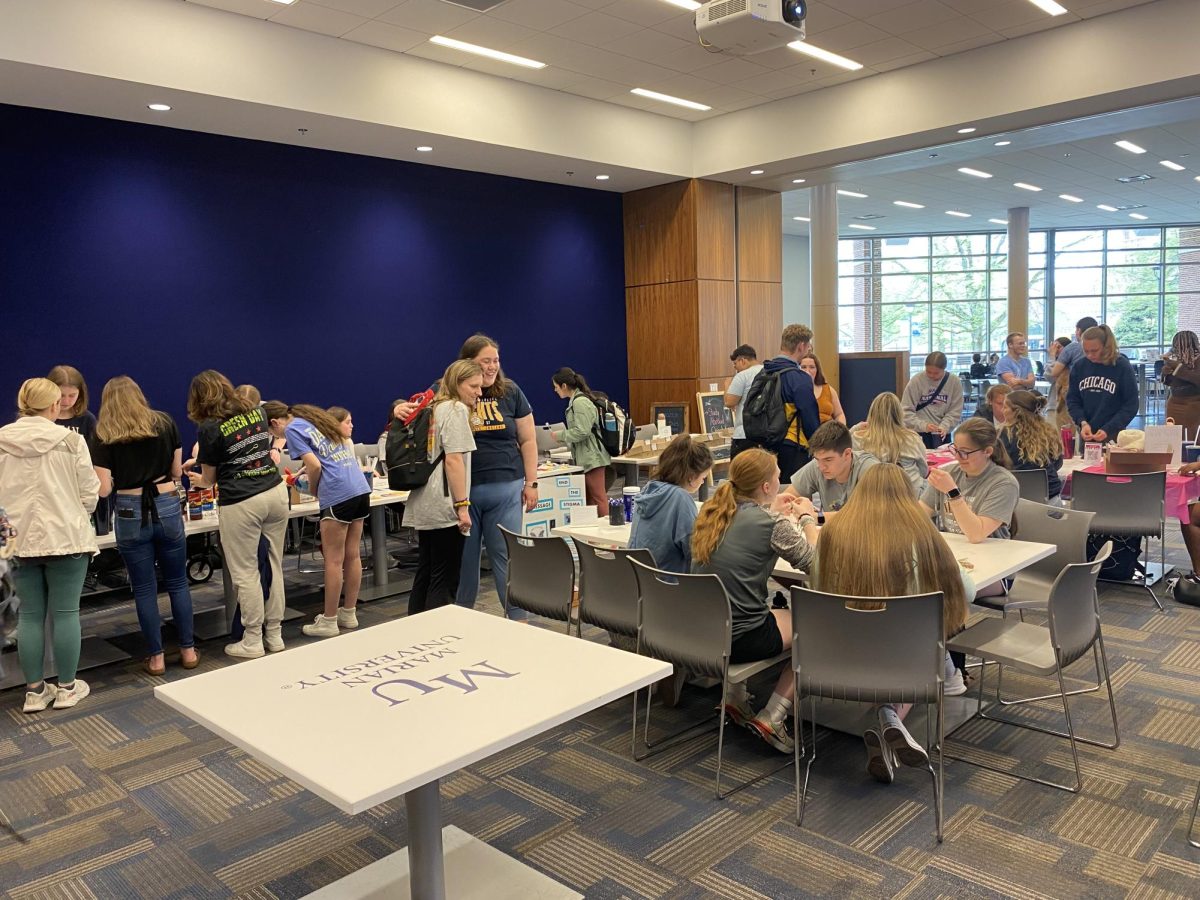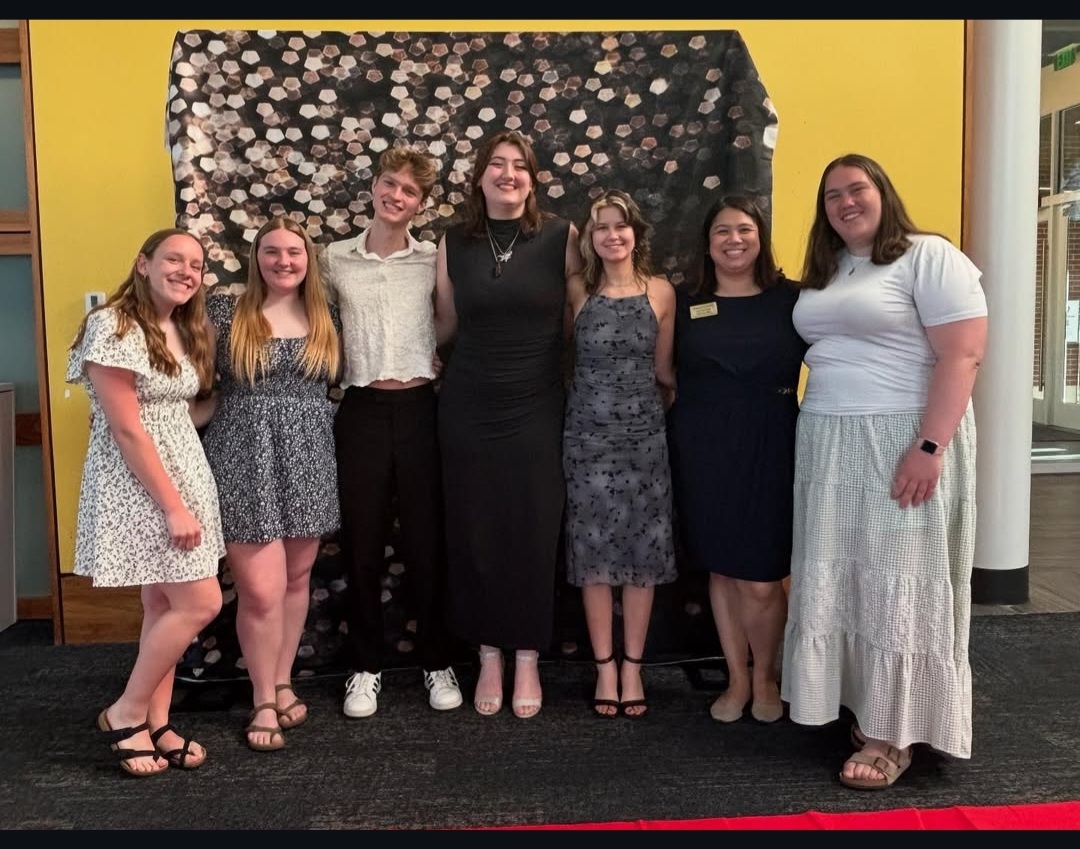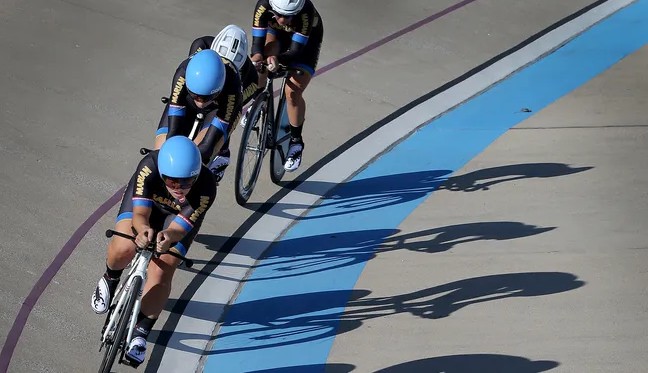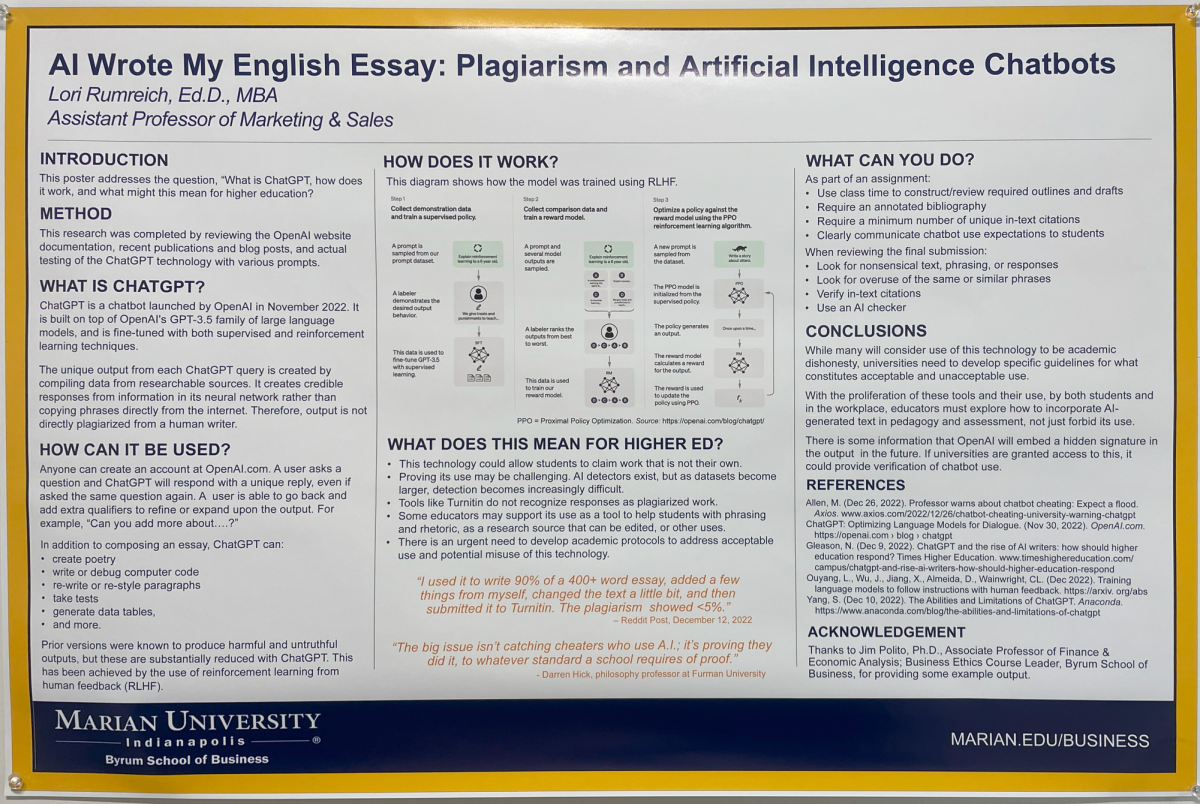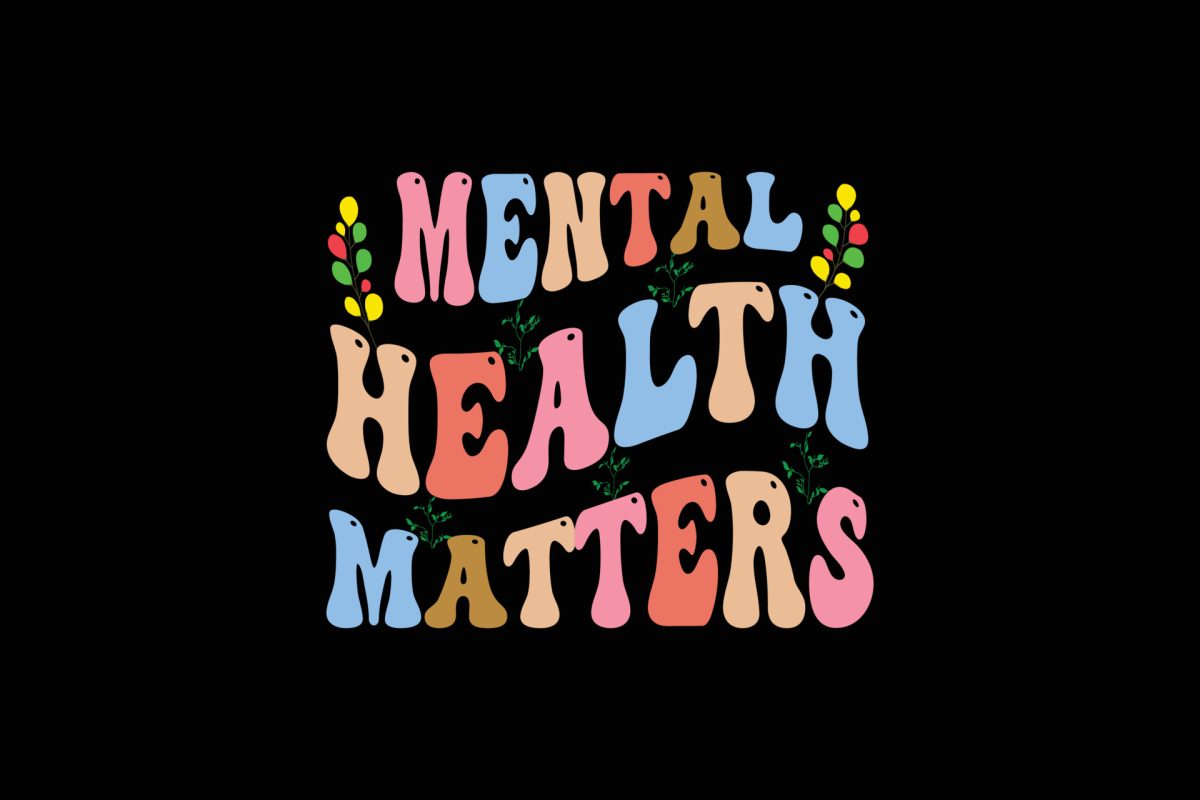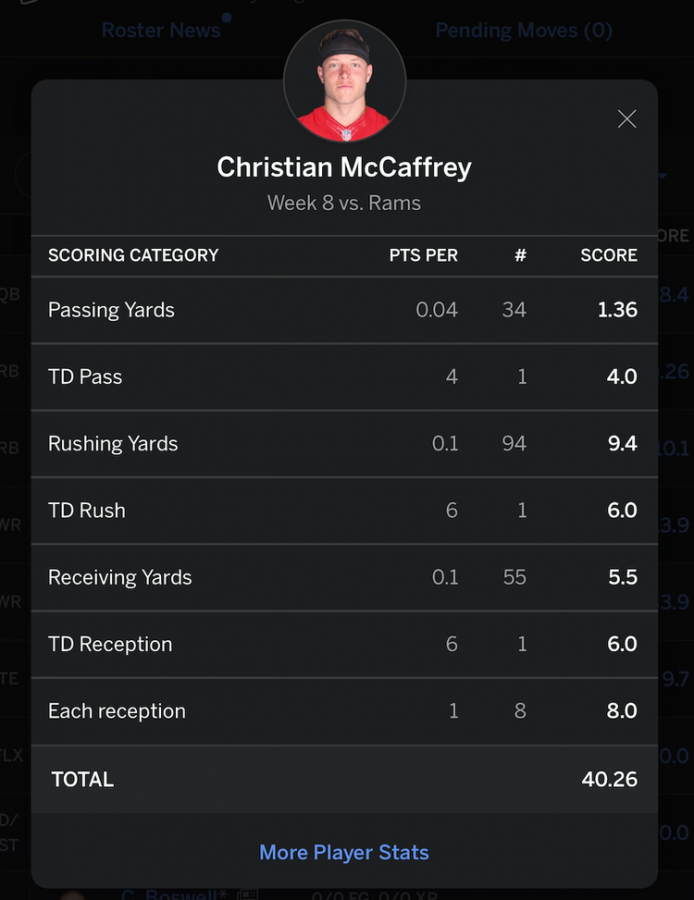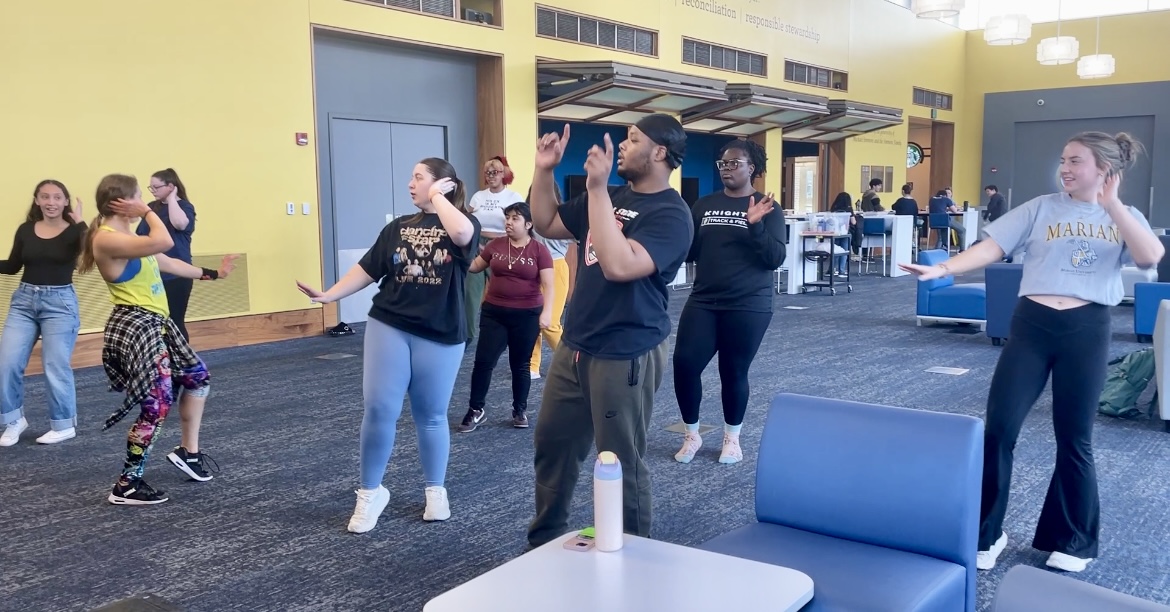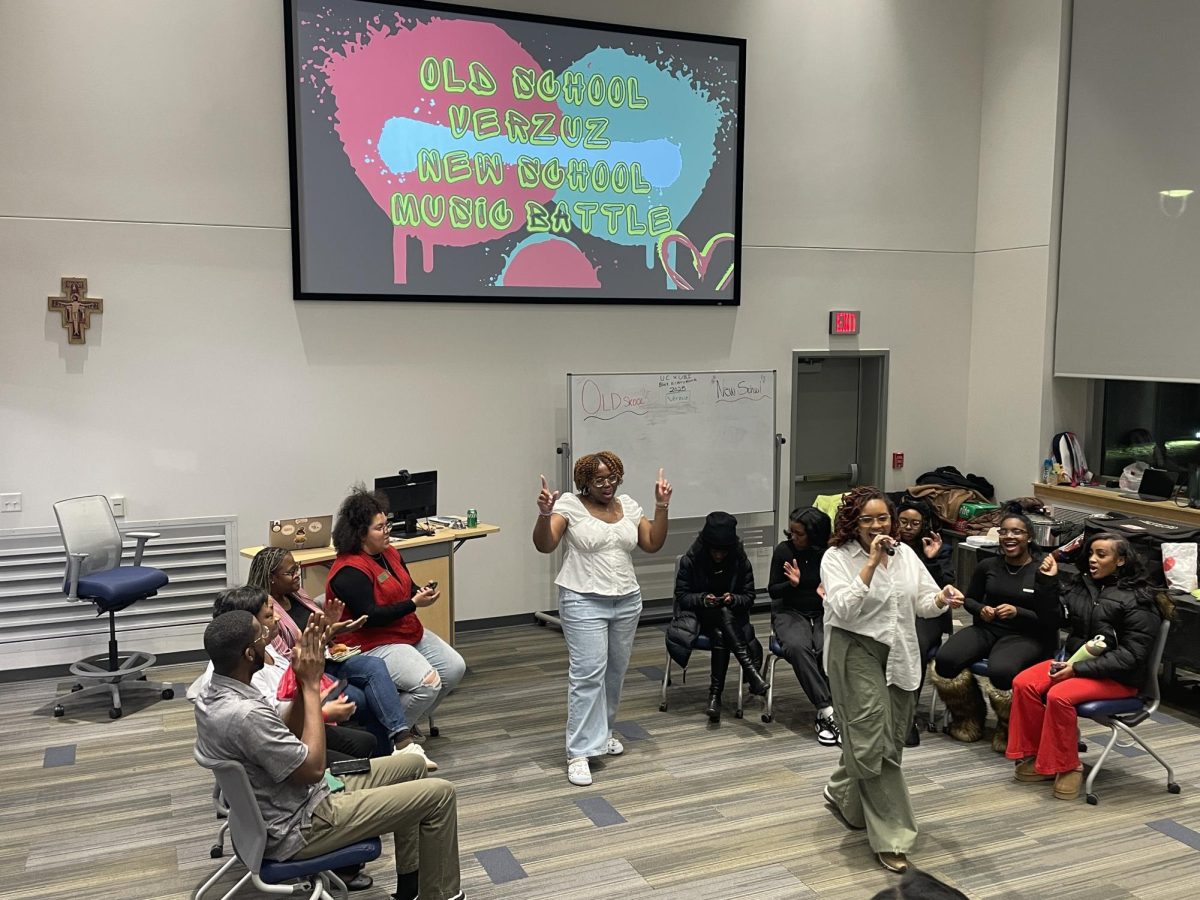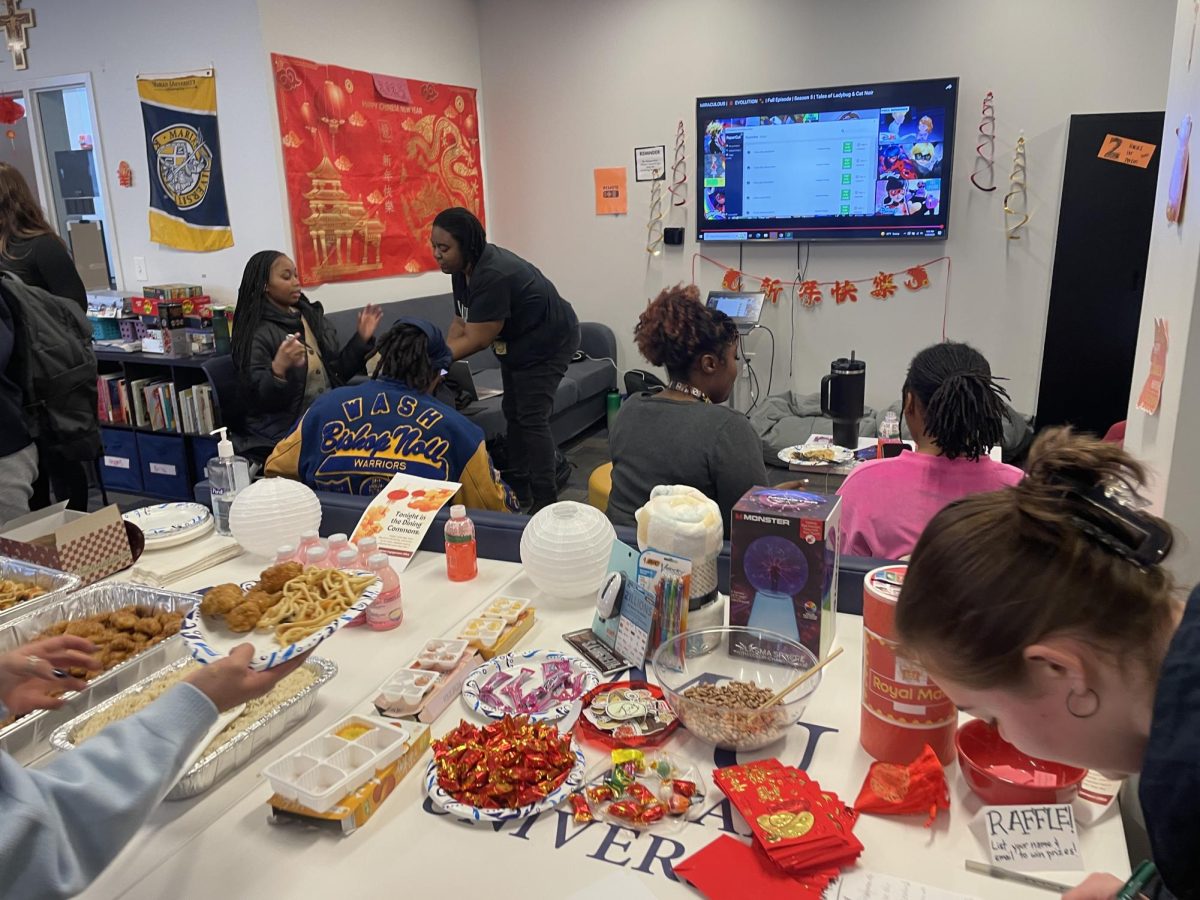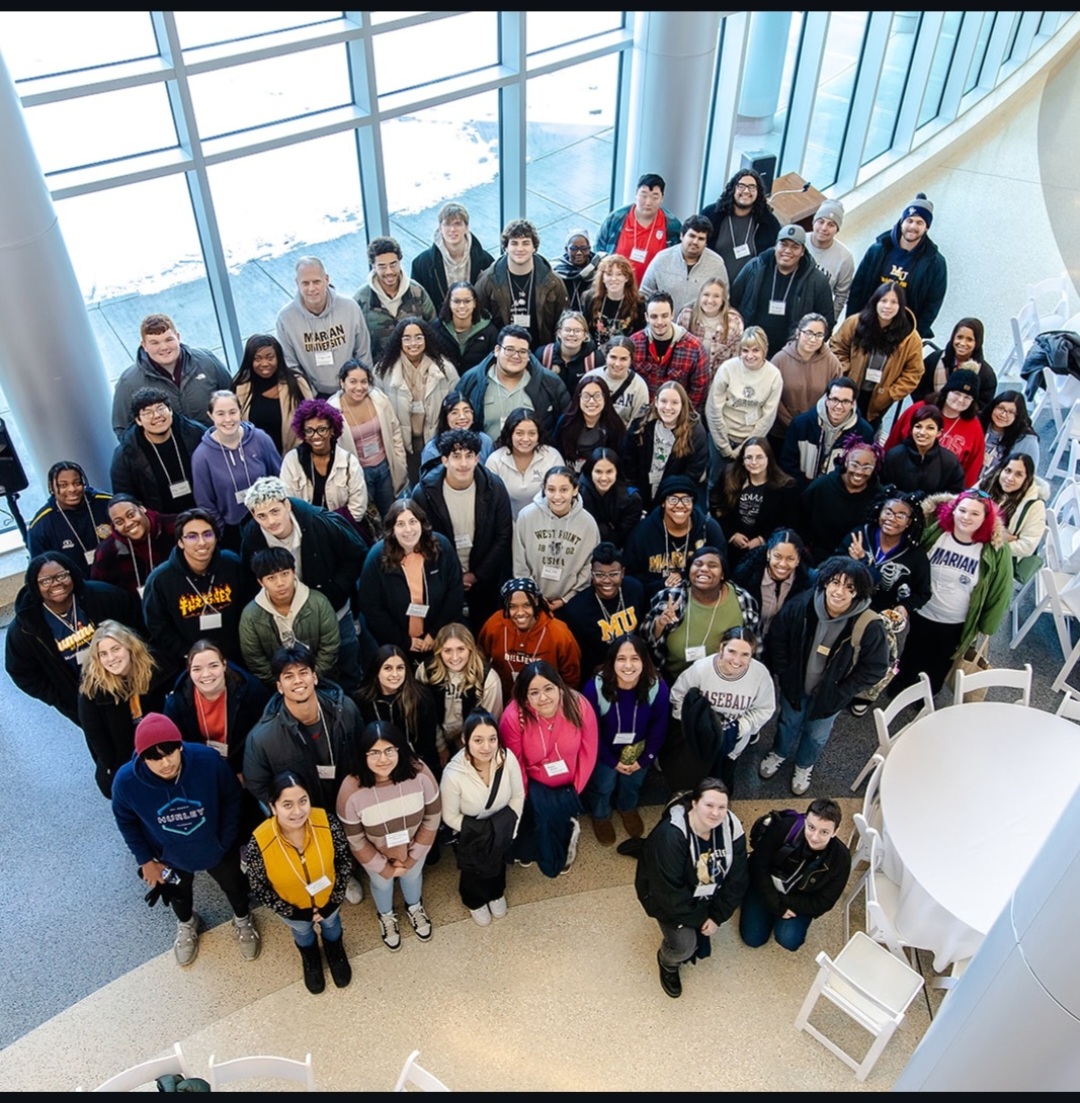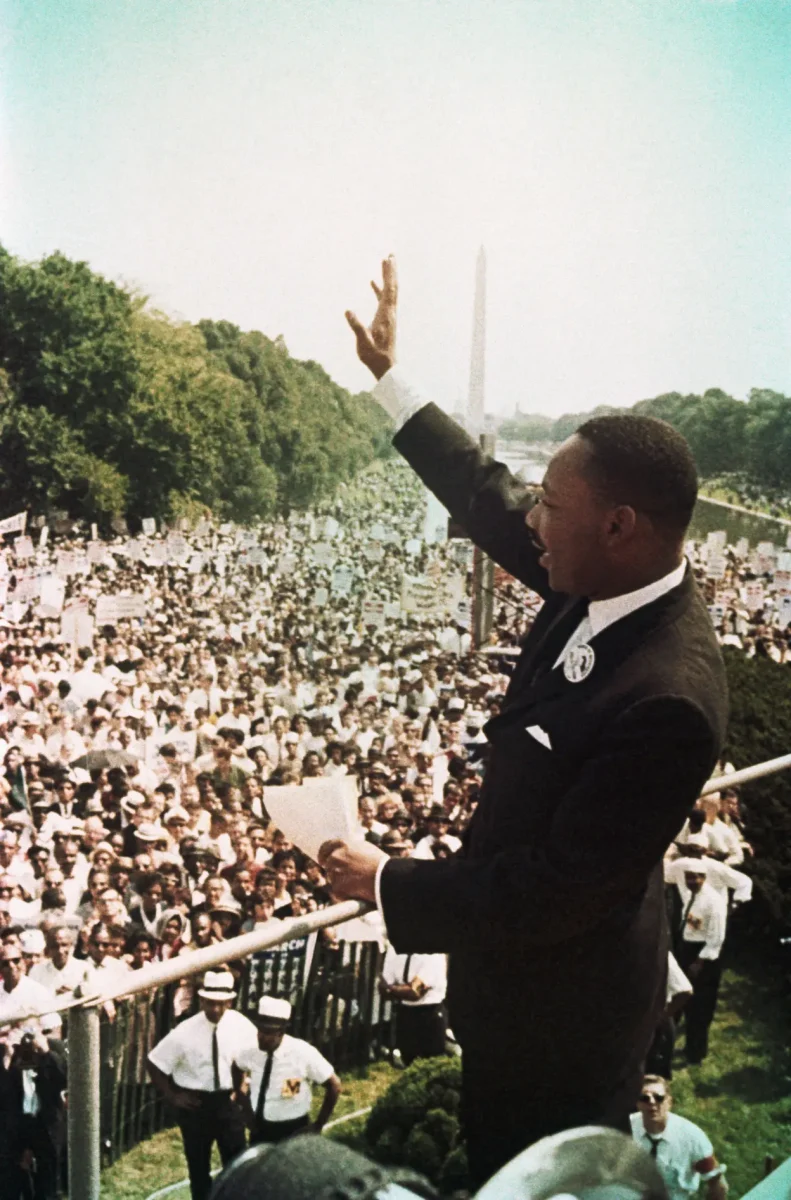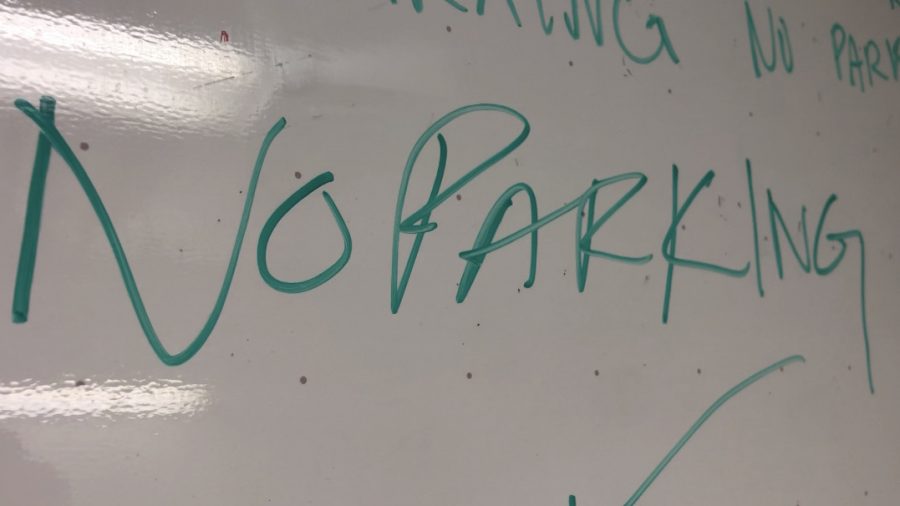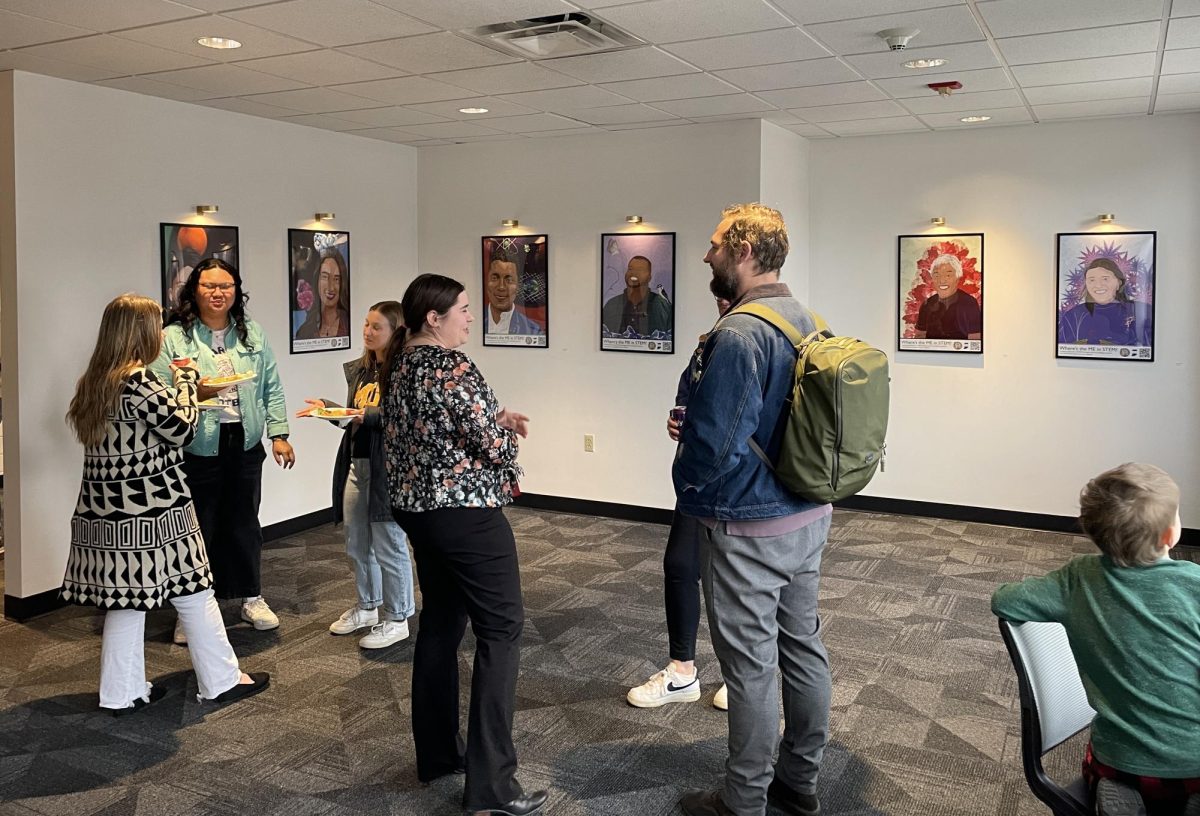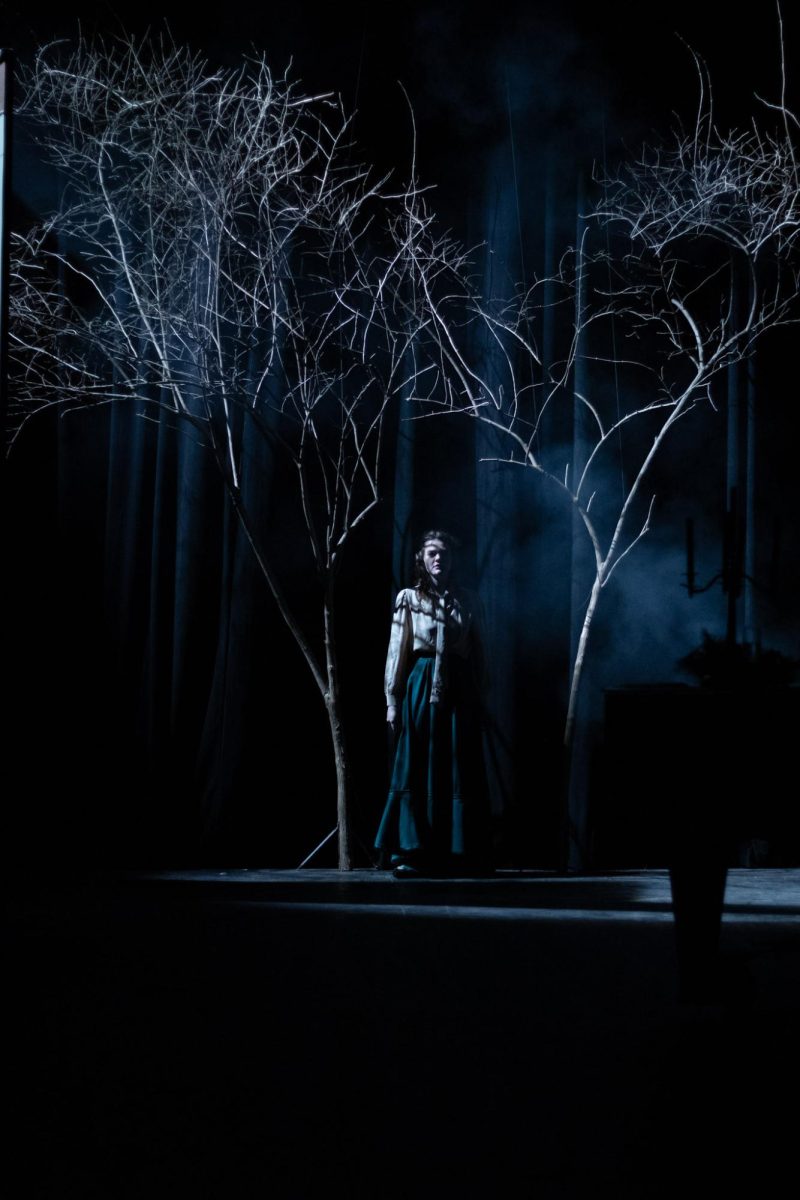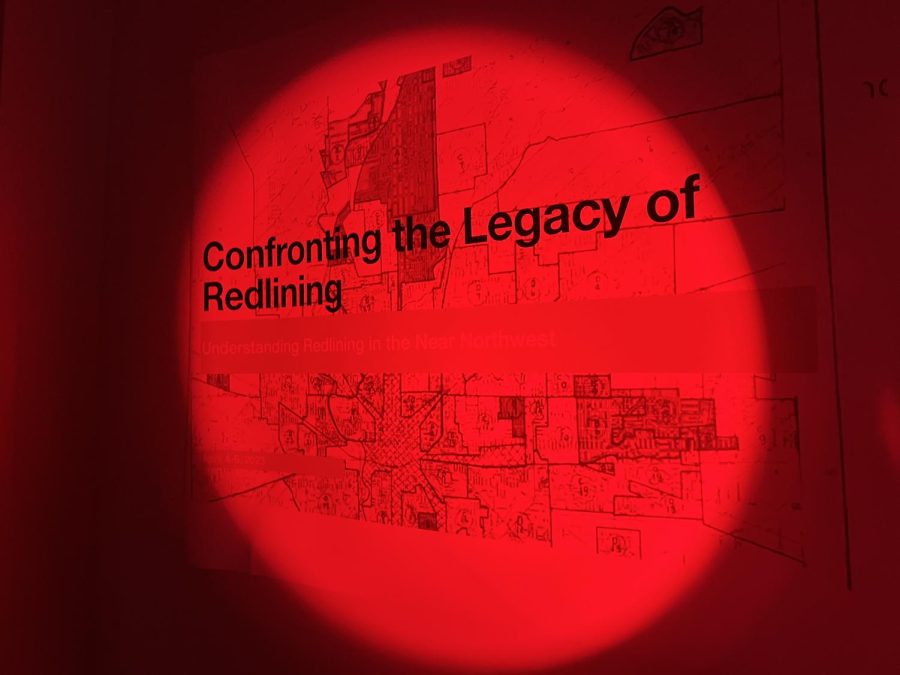The Oppression Tunnel Brings Discrimination Awareness to MU
April 4, 2023
TRIGGER WARNING: This article tackles heavy topics such as gender and race discrimination.
The Unity Center is hosting the Oppression Tunnel, an event to bring awareness of gender and race discrimination to Marian. The event started on April 4 and will last until April 6 from 10 a.m. to 6 p.m. at Clare Hall.
The event takes place within three rooms, and each room has a specific topic the attendee can educate themselves about.
The first room tackled the issue of women and their safety. This room featured 4 stations that each shed light on the topic in a different way. There was an interactive activity where students could post sticky notes of things they do as women to prevent dangerous situations. 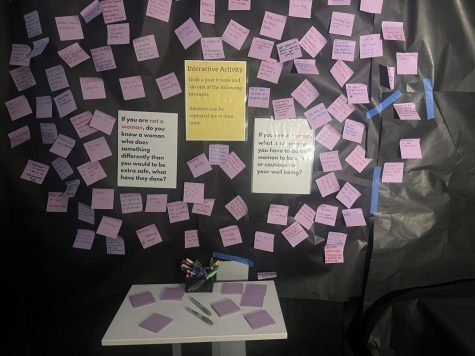
Amari Fields, a student volunteer at the event says the event allows students at Marian to see the other side of the oppression.
This room also displays facts about sexual harassment and abuse, and ways that women are affected by this issue. One fact that stood out is that 97% of women have been sexually assaulted in their lives.
“To see that, and have that information in the back of my mind…that’s a big number I don’t think we talk about enough,” one anonymous participant said.
The second room in the tour addresses the oppression that Latino(a)s face when going to college. There are real quotes and responses scattered throughout the room that answer prompts. The key takeaway in this room is the racial stereotypes these people face, and what you can do to change this. 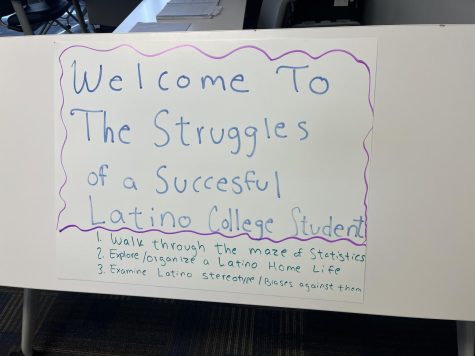
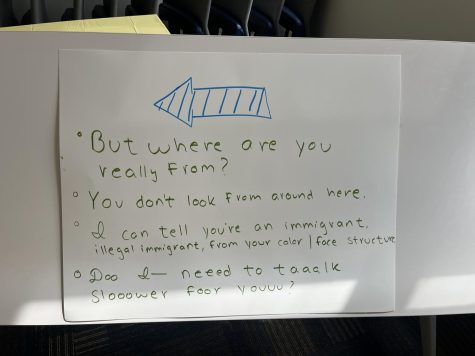
The third room had the most information packed in and went about the topic of Redlining. Participants tour this room with a red flashlight to add to the effect. 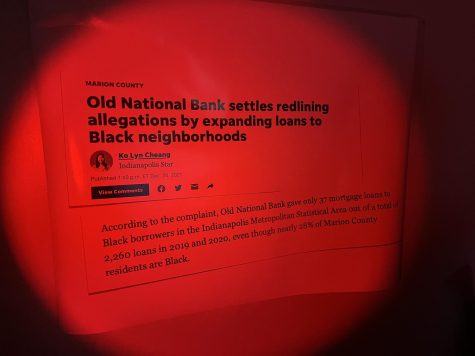
Redlining started as the practice of drawing lines around “risky” neighborhoods with red ink, According to one sign in this room, “Redlining today is the systematic denial of various services or goods by federal government agencies, local governments, or the private sector either directly or through the selective raising of prices or manufactured scarcity.”
This room had posters that talked about the systematic racism in Indianapolis specifically, as well as historically in the world.
“I knew about redlining, but I didn’t know too much about it here. I didn’t know the construction going on was playing a huge role in that,” another anonymous student said,
At the end of the tour, the attendees are brought into a room to debrief and discuss what stood out to them. This provided students with a safe space to share their feelings about the tunnel as well.
